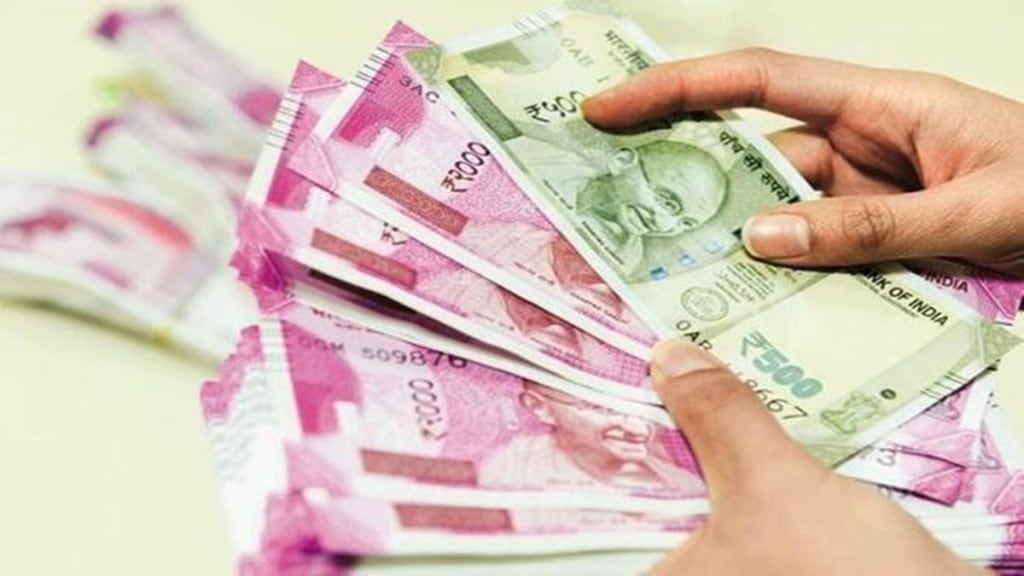Consumption, which was driven by festive cheer since August, is weakening across consumer categories with various apparel, consumer durables, paints and QSR (quick service restaurant) companies suggesting a sharp drop in discretionary demand in the past few weeks.
Possible slowdown in new hiring in the organised sector, withering of pent-up demand, especially after the festive season, elevated inflation sapping household savings and increase in mortgage EMIs (equated monthly instalments) due to a sharp jump in interest rates is impacting discretionary consumption, said analysts at at Kotak Institutional Equities (KIE).
The slowdown in discretionary consumption is due to a combination of factors, and it does not seem like that there is an expectation of a rapid turnaround in demand given underlying economic challenges. While recovery in staple volumes is possible, there are ‘tail-risks’ from the sharp increase in global Covid-19 cases in recent weeks, although India seems comfortable for now, they said.
To be sure, the discretionary basket has started to see some deceleration in demand trends specifically in restaurants, said analysts at ICICI Securities.
Reeling under the impact of high inflation, consumer spends on eating out and dine-ins have taken a hit. “There is a sudden, sharp slowdown in demand in the past 6-7 weeks, across the QSR space. The demand weakness is broad-based across mature stores, new stores, dine-in and delivery channels,” said analysts at KIE in a report dated December 23.
The weakness in demand, though preliminary is being witnessed in other discretionary categories like paints, footwear and apparel as well, due to continued inflationary pressure and easing of pent-up demand seen upon opening-up of the economy post pandemic.
Data on sales growth of FMCG (fast moving consumer goods) from Bizom showed that there is a sharp 15.3% decline in the month of November versus October, while on a year-on-year basis the sales growth declined 2.7%. Rural growth lags urban as FMCG sales take a beating in the post-festival period.
So far the demand environment in staples continues to be relatively muted, although there are expectations of a rural demand recovery, said analysts at ICICI Securities. However, the margins of companies are unlikely to improve with the softening of raw material costs, as even while the price increases have been lower than raw material inflation, companies will still have to pass on the benefits to avoid downgrading to non-branded products. Further, analysts observed that FMCG companies suggest inflation continues across cost line items. Additionally, the benefits of lower raw material costs are expected to go towards investment in brand, which has been lagging over the past couple of years, they said.
Other consumer sectors are also looking at investing behind the brand. Gunjan Shah, managing director and CEO, Bata India Ltd, told FE that among other investments for expansions, the company is reigniting it marketing investments back into the brand after a gap of two years in Covid.

